What’s the Deal With Women Led Mosques? Necessary or Divisive?
by Nafisa Bakkar in Culture & Lifestyle on 29th June, 2017
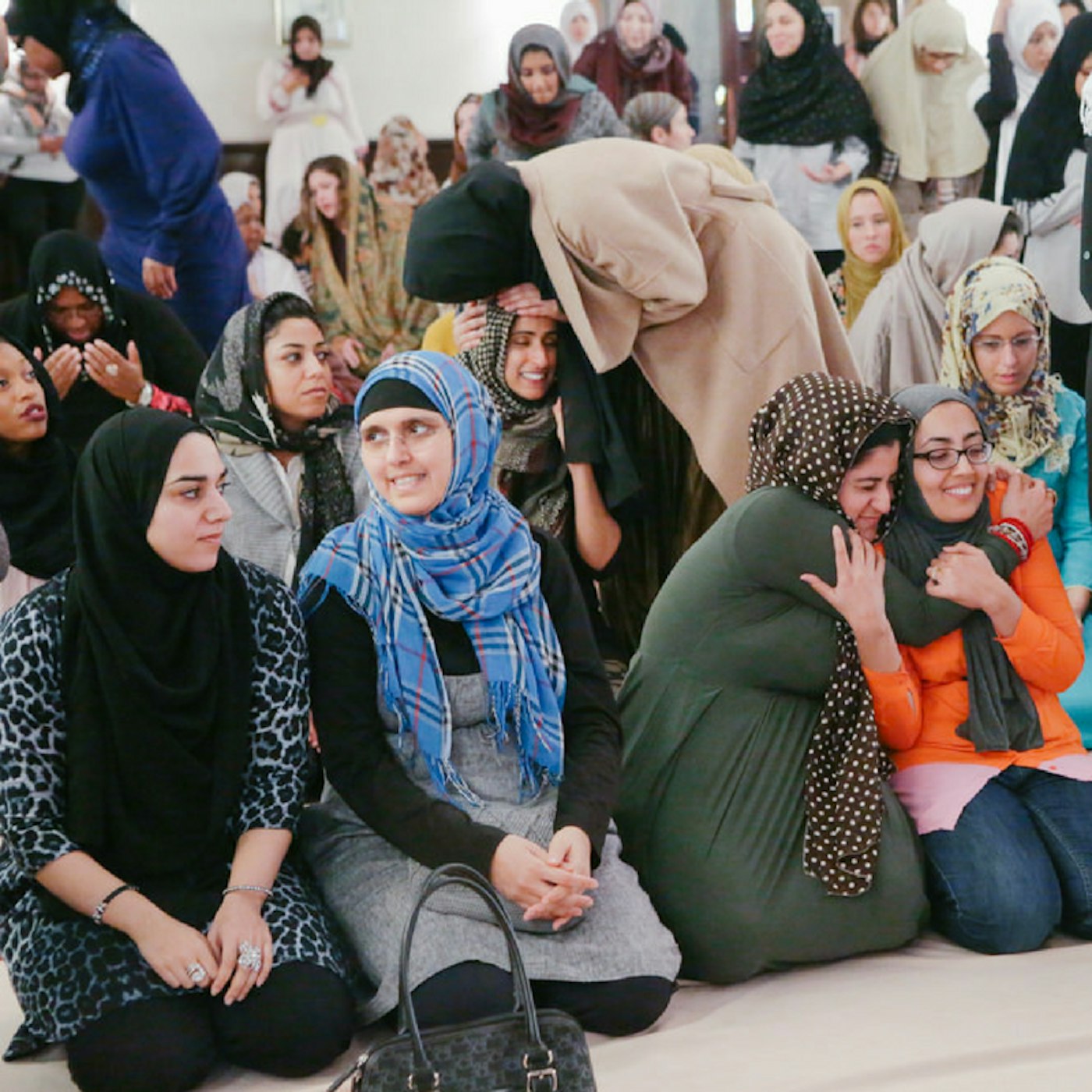
Source: Women’s Mosque of America
What does an inclusive mosque look like?
Women’s mosques have raised a lot of controversy. Many have asked if they actually do anything to further the cause of women and if it just creates a divide in the muslim community.
In an ideal world there would not be a need for women led mosques to be established.
But, while we are in a situation where we are still asking why we can’t hear the khutbah in the women’s section, working with current mosques does not seem to be the way forward. The way mosques cater or do not cater to Muslim women and our wider needs is a mirror of how Muslim women are treated and our community function as a whole.
Last month I had the absolute honour of visiting the Women’s mosque of America. In all honesty, I was sceptical on if it really would bring anything new to the current landscape and the experience of female believers. However, I left thinking; strip away the fact that it is exclusive to women and what you will have left is a blueprint for how mosques should be run.
I attended their Jummah service and throughout there were several examples to gain from.
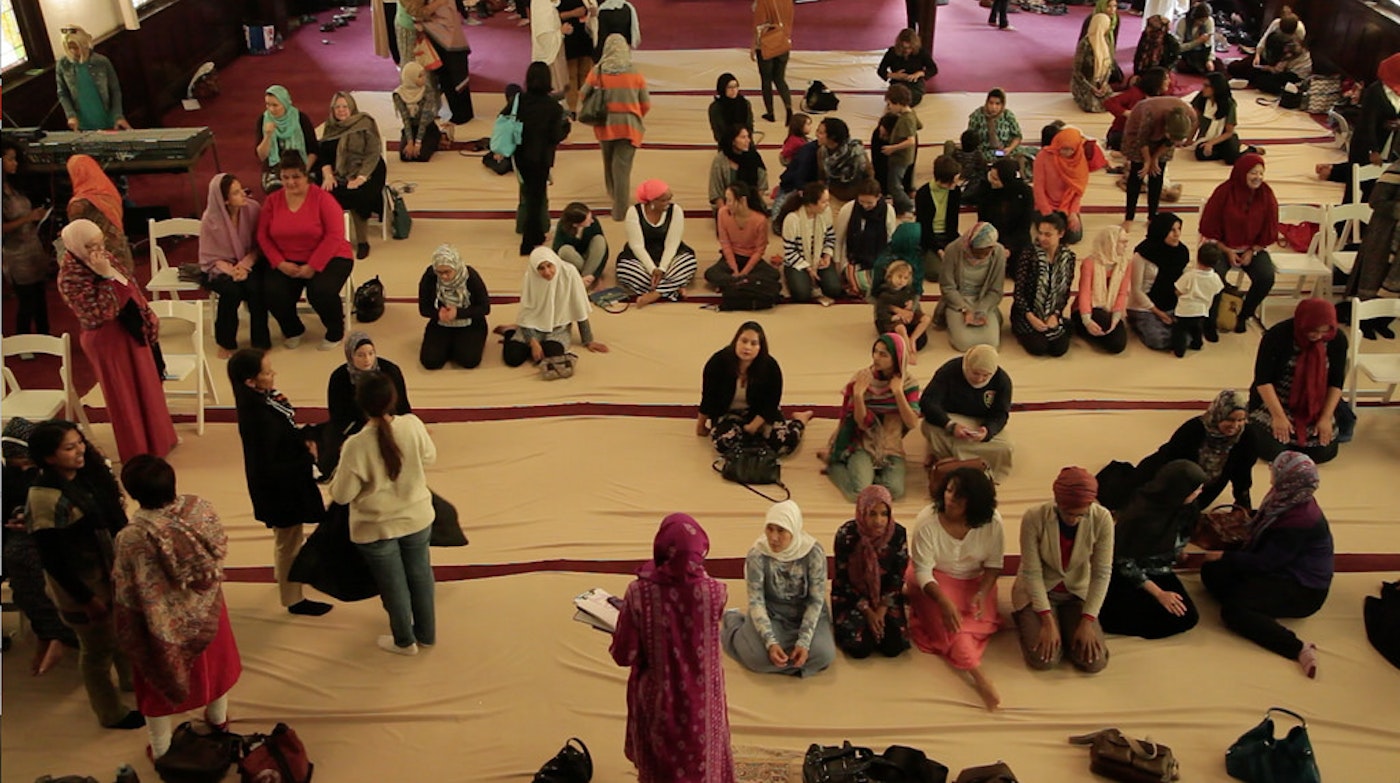
Respecting diversity of faith
The fact that there are different schools of thought that exist within Islam is a testament to the diversity within our faith. While it often is portrayed as a rigid and inflexible religion, Islam facilitates our diverse views and perspectives. A lot of differences in our communities stem from not being able to respect the differences among us.
In the introduction to the service, the speaker mentioned that Duhur prayers are offered after jummah as some differ in opinion on if it can or should be prayed, a sign of respecting diversity of thought and practices.
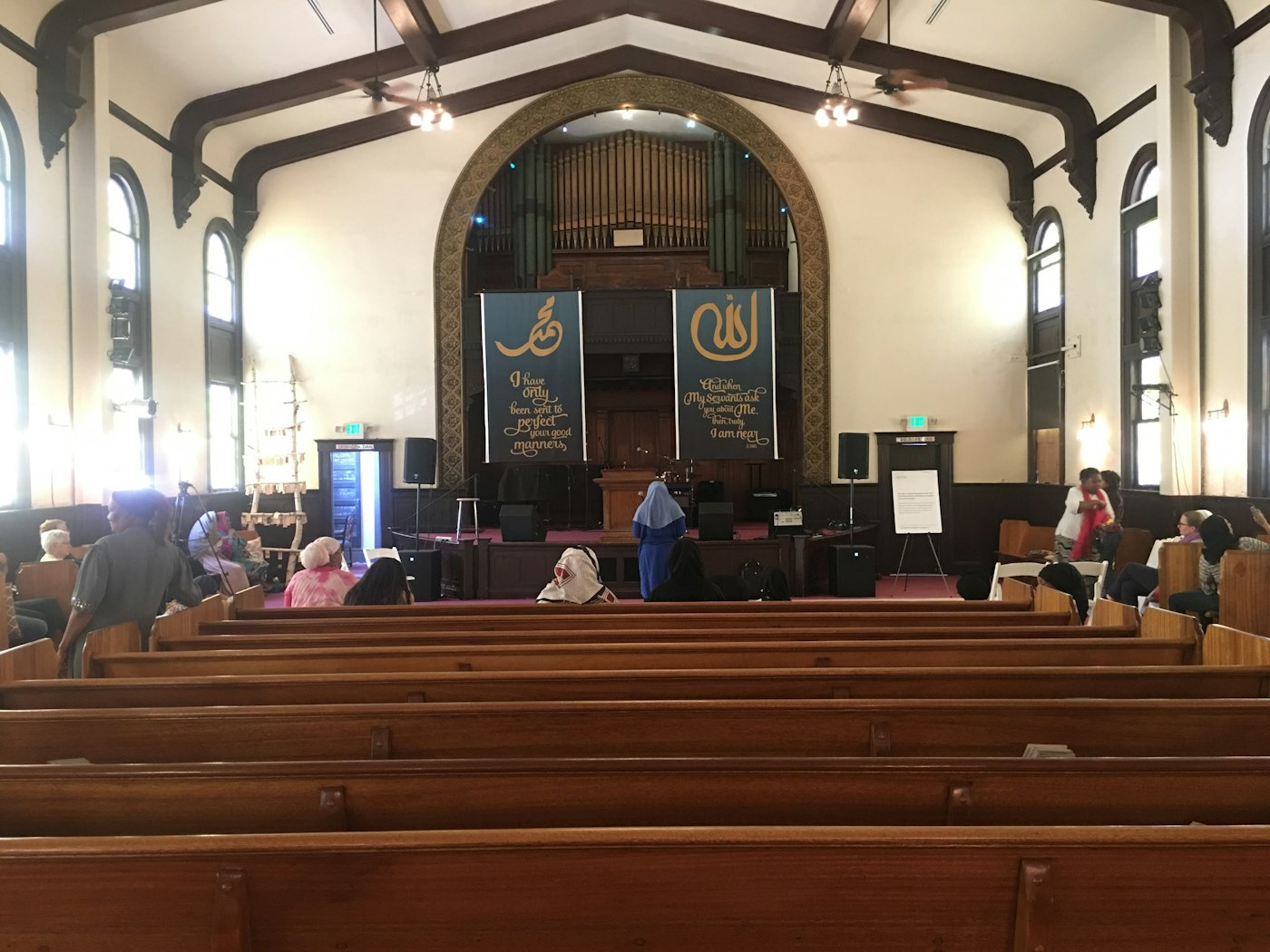
Come as you are
The come as you are policy that the mosque states is an important message. Mosques should not be exclusive to the pious and the reformed. It should be a place for all regardless of their journey. Mosques for me have been anxiety inducing spaces.
“Sister you shouldn’t wear makeup.” “Sister your jeans are too tight.”
None if these things do anything to help foster a positive relationship with the mosque.
The knock on effects of this are also about how the wider community view the Mosque as a space. What struck me was that there were people of other faiths and none that had come to take part and listen to the sermon. At a time where Islam is constantly under scrutiny and attack, it is important that we as Muslims and Mosques are able to act as a window for others.
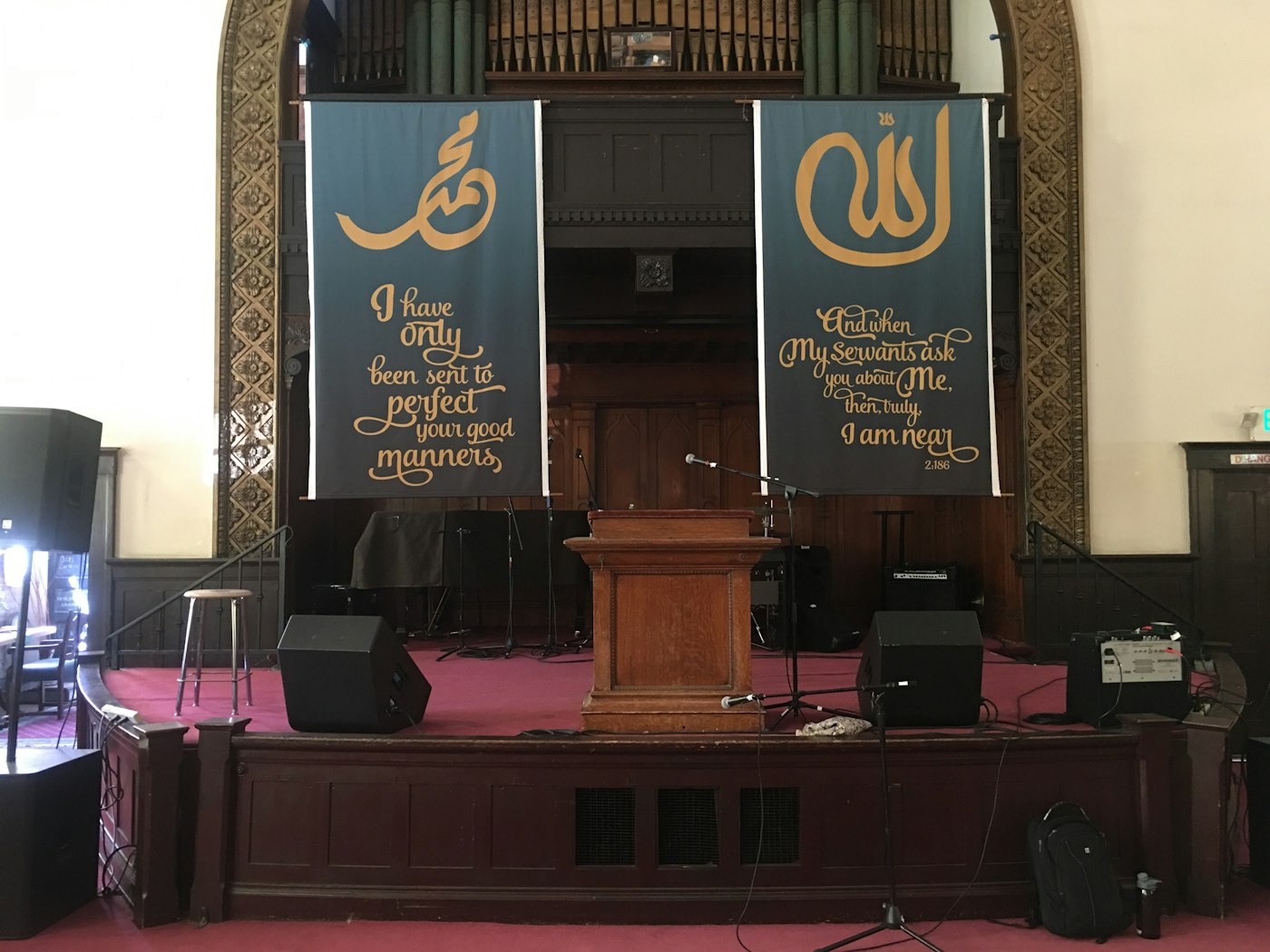
Fostering Dialogue
I definitely had a moment of awe as I sat in the congregation looking up at the speaker delivering the khutbah. Going from half hearing the khutbah in the cramped women’s section to being in front of the speaker felt overwhelming. It is said that 90% of communication is nonverbal and it almost seemed crazy that back in London I never see who is delivering the talk, let alone hear it clearly. On top of that at the end of the congregation, we were able to do a Q&A, a real dialogue is being fostered which is what we need to further ourselves as a community. The mosque should act as space to help answer the questions that help to shape our views, perspective and character. Personally, with the current state of my local mosque I would not know who to turn to should I need someone to speak to. On that point, the WMOA also offer counselling services.
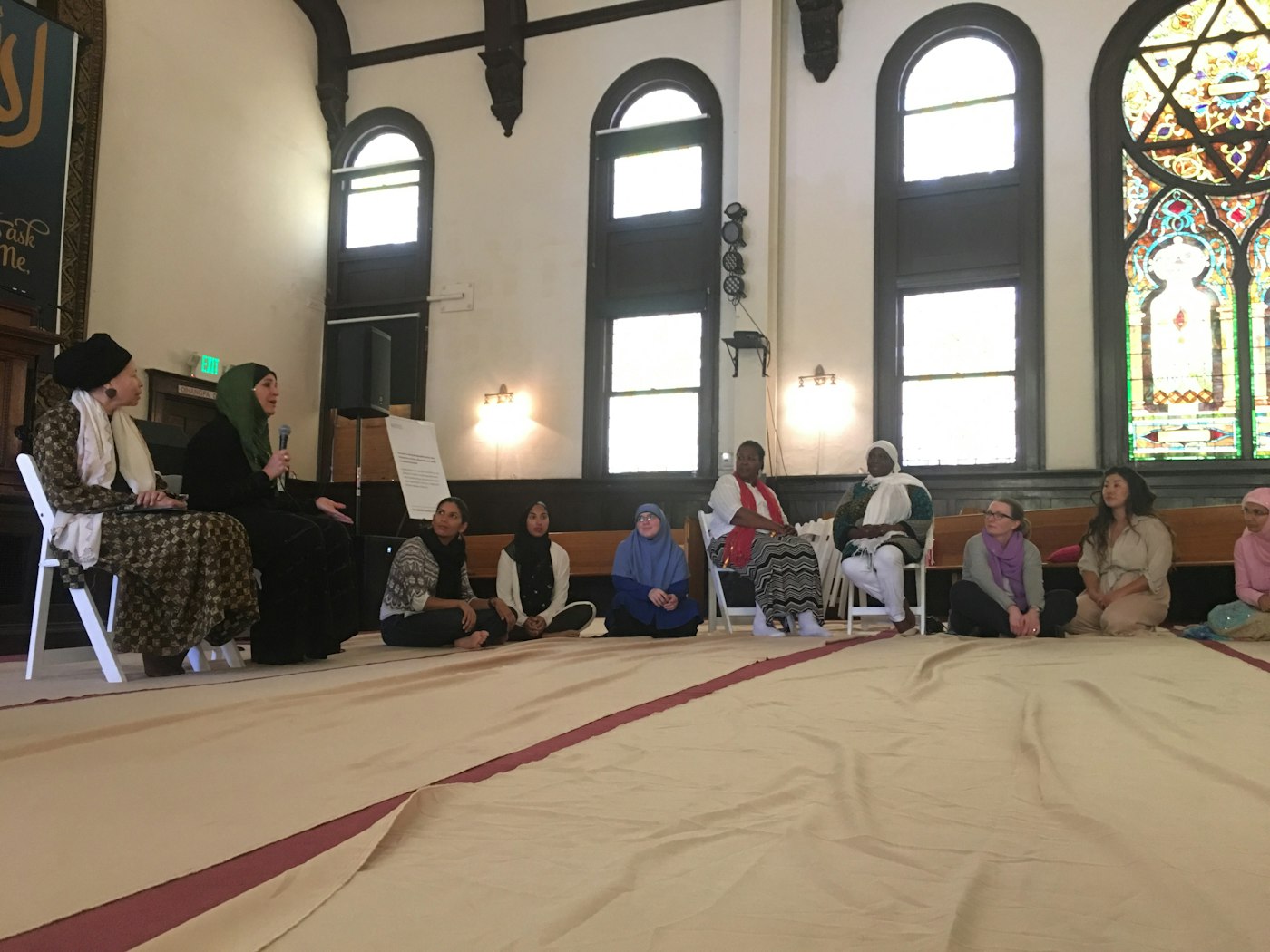
Inclusivity
From the diversity of the speakers to the khutbahs being recorded it is clear that there is a constant thought about how they can be inclusive of all in the community. There is also a free babysitting service for Mothers, should they want it. The mosque also offer support and help in the form of a dedicated helper to new Muslims. It is important for mosques to be able to think about the many different demographics that enter its doors and accommodate as appropriate.
These are just some of the things that I believe all mosques should be offering, moving our space from a place to pray to a space that nurtures individuals with a holistic approach.
The mosque also run Women’s Empowerment Workshops from financial security, sexual health, and public speaking, to coding, self defense, compassionate parenting, and Islamic art. Qur’an Literacy Program and a Youth Mentoring Program, part of which is aimed to help them transition into adulthood with a healthy American-Muslim identity.
So, I’ll leave it to you, does this Women’s only mosque further the cause of women or create a divide in the muslim community?
Nafisa Bakkar
Co-founder and CEO at Amaliah Find her @nafisabakkar on IG and Twitter